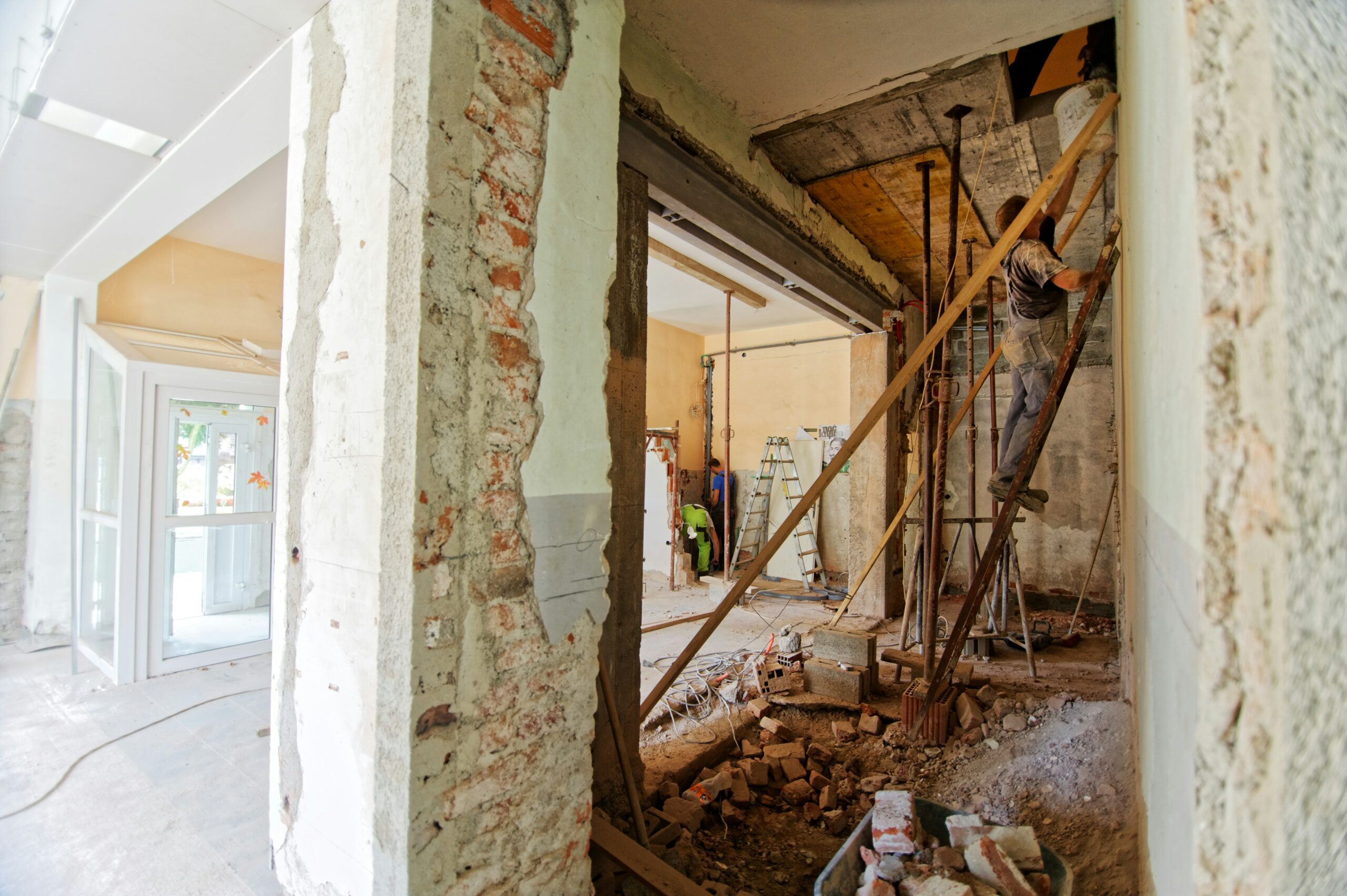Will Modular Homes Kill Construction Jobs? What Texas Homebuyers Should Know
When people hear about modular homes, one of the first questions that comes up is: “Won’t this put construction workers out of a job?” It’s a fair concern — especially in Texas, where so much of our economy depends on residential construction. But the truth is more nuanced. A shift to modular building wouldn’t make jobs disappear. Instead, it would change where those jobs happen and what skills they require.
The Only Path to Enough Affordable Housing
Here is the unavoidable reality: modular homes are the only viable way to produce enough durable, affordable housing to meet Texas demand. Traditional stick-built methods simply cannot scale fast enough to keep pace with population growth, urban expansion, and affordability pressures.
Factory-built modules allow for consistency, speed, and tighter quality control. More importantly, they keep housing supply from falling further behind demand — which is the single biggest driver of high home prices. By shifting much of the work indoors, Texas can build more homes that are code-compliant, energy-efficient, and long-lasting while keeping labor needs balanced between factory and site work.
Jobs Aren’t Disappearing — They’re Moving
Traditional homebuilding in Texas relies on large on-site crews: framers, drywall installers, electricians, and finish carpenters. Under the International Residential Code (IRC), adopted by nearly every Texas city, many of these trades must complete their work on site to comply with requirements for structure, electrical safety, plumbing, and energy efficiency (IRC Chapters 3, 6, 13; 2023 NEC; 2021 IECC).
With modular construction, much of that work shifts indoors to a factory setting. Walls, wiring, plumbing, and insulation are completed before the modules ever arrive on the lot. The same code rules still apply — IRC R109.1.5 requires third-party inspections and state approval for industrialized housing modules — but the labor to achieve compliance happens in a controlled plant, not outdoors on a jobsite.
That means fewer hot, weather-delayed days for crews on Texas lots, and more steady, year-round jobs in modular plants. Think of it less like “lost jobs” and more like jobs relocated.
Different Work, Same Codes
Modular factories still need licensed electricians, plumbers, and HVAC techs. The 2023 National Electrical Code (NEC) and Texas Occupations Code Chapter 1305 require licensed electricians for wiring, whether in a house or in a modular plant. Likewise, plumbing must comply with IRC Chapter 27 and be installed by licensed plumbers under Texas law.
The difference is the setting: instead of improvising in the field, workers specialize in precision and efficiency on an assembly line. On site, work shifts toward foundation prep, crane operations, and system connections. Those pieces can’t be moved indoors — and they’re still subject to local inspection under IRC R109.1.1 (site inspections).
Regional Impacts in Texas
- Metro areas (Dallas, Houston, San Antonio) with modular plants nearby could see job growth in factory and shipping work.
- Rural areas without nearby plants may see less traditional framing and drywall work.
- Immigrant crews, who currently make up a large part of Texas residential field labor, may find fewer seasonal jobs if factories hire more permanent, year-round employees.
Wages may shift too: factory work often pays less per hour than specialized site trades, but it usually comes with steadier hours and benefits.
Lessons From the Past
Texas has already lived through this kind of change. Forty years ago, framers cut every roof rafter on site. Today, most homes use prefabricated trusses made in plants. Did framing jobs vanish? No — they shifted.
Another example: auto manufacturing. Millions once worked in small garages; mass production moved the work into factories. The jobs didn’t disappear — they transformed.
What It Means for Homebuyers
For Texas buyers, the bottom line is this: modular homes won’t destroy construction jobs — they’ll redistribute them. The codes — IRC, IECC, and NEC — still apply, and builders remain legally obligated to comply with them whether the work is done in a plant or in a subdivision lot.
That’s good news for buyers. Modular construction is not just a trend; it’s the only practical solution to the shortage of affordable, durable homes in Texas. Factory precision means fewer mistakes, faster build times, and potentially lower costs. Meanwhile, the Texas housing market will continue to support thousands of workers — just in new roles that fit the demands of the future.
Takeaway: Choosing a modular home doesn’t undercut the Texas workforce. It supports a transition that makes affordable housing possible at scale, while holding builders to the same codes and standards that protect every homeowner in this state.







